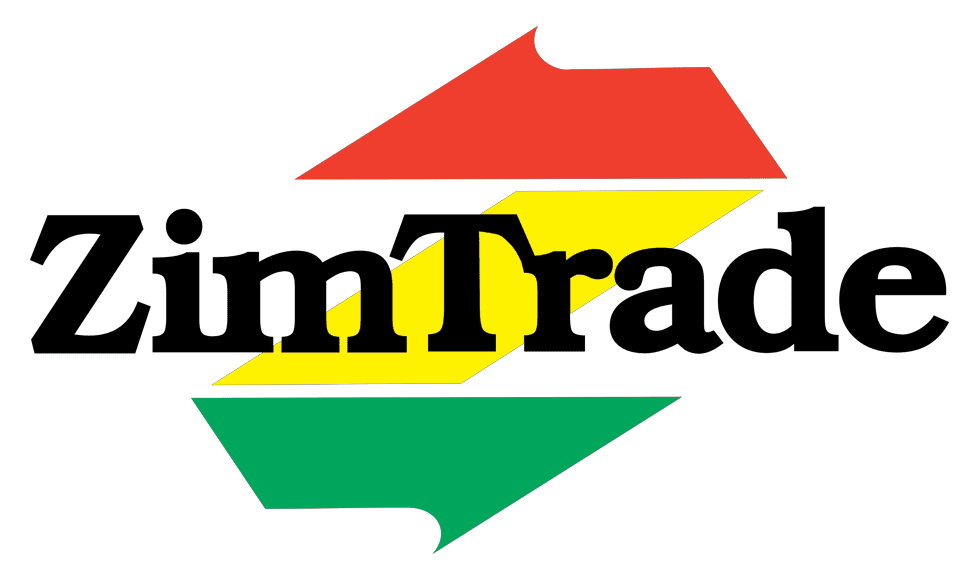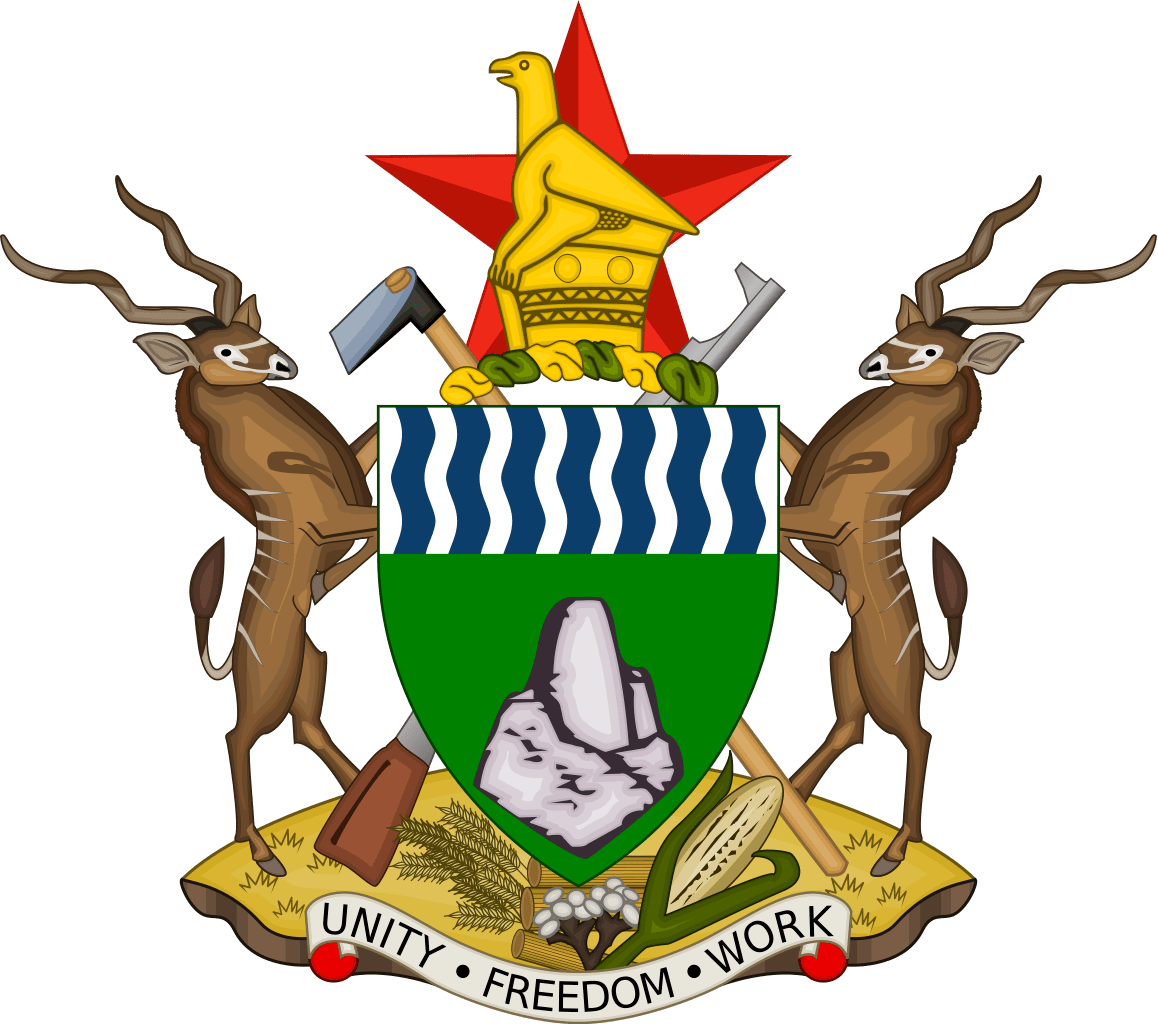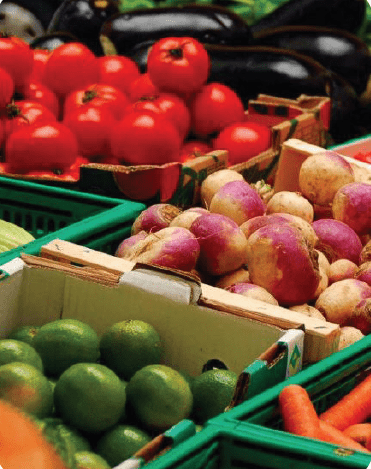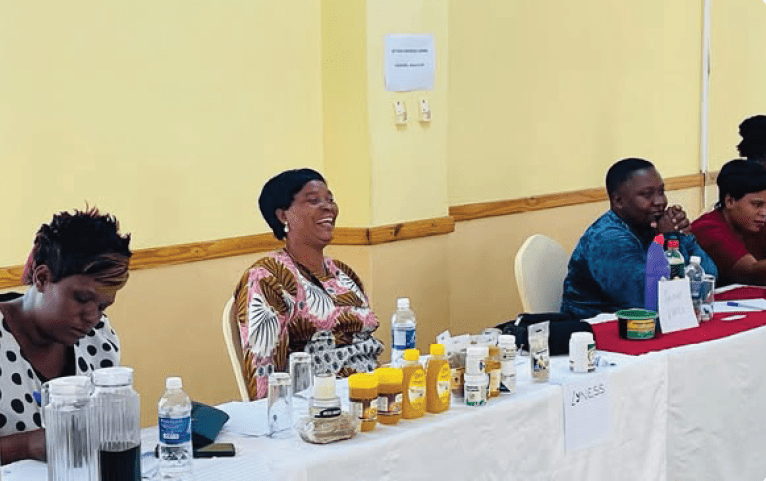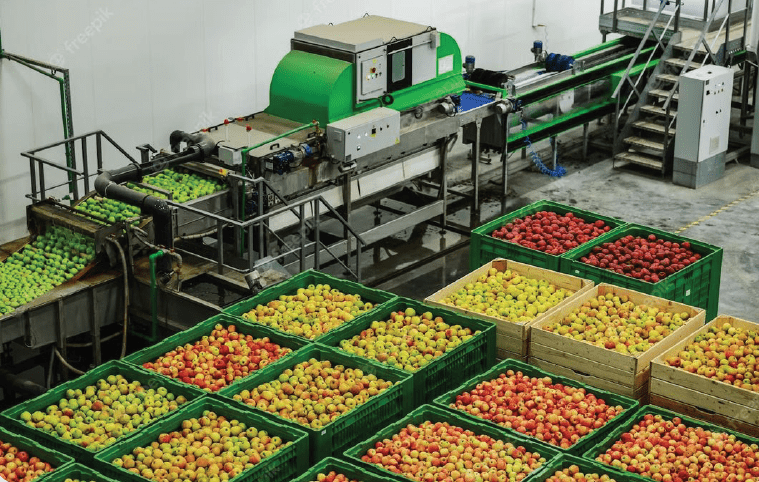As the world evolves, a growing trend towards increased originality emerges. Scrolling through social media reveals individuals with cell phones showcasing their lifestyles, cultures, business practices, and unique aspects of their countries.
The pursuit of a distinct spark has extended into the business world, particularly in trade.
Countries are shifting from exporting common products to highlighting their uniqueness through traded goods and artifacts. Consumers warmly welcome this movement, eager to explore novel offerings.
Zimbabwe can capitalize on this wave by tapping into non-traditional markets and exporting indigenous goods rooted in its culture and heritage.
Now is the perfect time for the nation to display its uniqueness through trade and harness its economic benefits.
Exploring non- traditional markets
The many conflicts currently taking place in the world are a clear indication that we need to move from the ordinary, and diversify our export markets.
Diversifying our markets not only spreads the country’s economic risk but also works to further solidify Zimbabwe’s presence in markets across the world.
ZimTrade the national trade development and promotion organisation of Zimbabwe will, this year, explore various non-traditional markets to see what opportunities lie for Zimbabwean products across the world.
For a long time, Zimbabwe’s top 3 export destinations have been the same, however, since there has been a conscious drive to diversify our export markets, we have opened up new channels for Zimbabwean products.
Countries like the UAE and China have had a great reception to Zimbabwean products, even becoming one of our top 3 and top 5 export destinations since last year.
As such, ZimTrade will continue to explore new markets for Zimbabwean goods, buy conducting strategic market surveys taking into consideration the various trade agreements world opportunities that may arise.
This year ZimTrade will hold market scans in Indonesia, Saudi Arabia, and Ethiopia, all of which hold immense potential for Zimbabwean goods.
With the coming of AfCFTA a trade agreement with a vision to seamlessly trade across Africa, ZimTrade will actively pursue continental markets that have an appetite for our products including Angola and Rwanda.
Export promotion activities like outward trade missions and business forums will assist in getting local businesses actively interact with buyers with in these markets and successfully trade their products.
Trading non-traditional Products.
Every country has a unique culture and cuisine.
Over the years we have noticed a growing demand in superfoods and consumers across the world have been calling for highly nutritious products.
As such, natural foods demand is gaining momentum due to the high health benefits associated with them.
Because of our rich climate, some of these naturally nutritious foods are found in Zimbabwe with huge export potential including wild fruits and natural herbs.
Zimbabwe has vast wild fruits ranging from mauyu (Baobab), masau (Ziziphus Mauritania), matohwe (Azanza garckeana), and natural herbs including zumbani (Lippia Javanica), Muhacha (Hissing tree) and moringa.
With enough value addition – taking into consideration some key food standerds and practices in different markets – these products, that also grow naturally in the wild, can be presented to the international consumers.
These wild fruits and herbs can go through value addition, packaging, and branding and make it simpler for exporters to earn more.
Regarding natural herbs, products that can fair very well in export markets include aloe vera, apple mint, borage, penny royal, calendula, and basil.
Since COVID 19 Pandemic there has been one such herb that has gained popularity and increased in the demand and use and that is zumbani (Lippia Javanica) herb.
The popularity of the herb saw new ways in its uptake including steaming and the use of its leaves for tea.
This year, ZimTrade has plans to increase their export development initiatives and take advantage of this growing demand of naturally nutritious products, by educating various communities on the export potential of wild fruits that have been part of our heritage for years!
Already we have seen entrepreneurs taking on value addition of our wild fruits and herbs, some of which are part of SME targeted ZimTrade developmental projects like Eagles Nest and Next She Exporter.
This year, ZimTrade will hold more export awareness programmes and continue to educate communities on how they can take advantage of this new global demand.
Further to this more work will be done to develop provincial clusters that will educate and encourage rural communities to take advantage of these indigenous products demand.
Notably, last year the organisation started the process of consolidating a baobab cluster in Mudzi, Mashonaland East province with more than, 20 members looking to start exporting Baobab products to the rest of the world.
By Karen Mukwedeya
